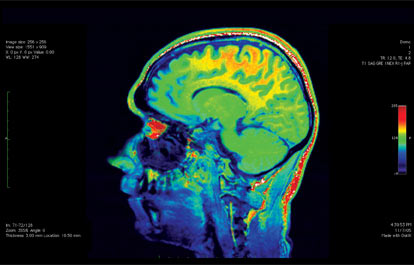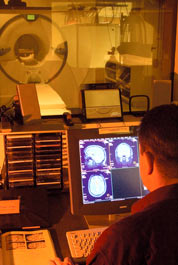

Scientific Lectures //
Title: Motor abnormalities in Youth At Ultra High-Risk for Psychosis: A Developmental Perspective
Vijay Mittal, Ph.D. - Assistant Professor, Department of Psychology and Neuroscience, Director, Adolescent Development and Preventive Treatment Research Program at The University of Colorado at Boulder
Presented: Feburary 21, 2013
ABSTRACT: A body of evidence suggest that up to one-third of high-risk youth (adolescents exhibiting one or more attenuated positive symptoms accompanied by declines in social and role functioning) will go on develop a formal psychotic disorder within two-years. While this period represents a promising and viable opportunity to understand and intervene with schizophrenia prior to onset (when third variable confounds can cloud research and treatment), to date, we are unclear about what differentiates those who do go on to develop a psychotic disorder, from the phenotypically similar teenagers who do not. As schizophrenia onset typically occurs at the end of the adolescent period, promising empirically driven conceptualizations point to the significant role that adolescent neurodevelopment may play. To this end, any behavioral markers that may reflect aberrant processes during adolescent neural reorganization may help to significantly improve etiological understanding, bolster early identification, and inform interventions. Within this framework, it is interesting to consider that delays in motor development are one of the earliest signs of vulnerability in individuals who eventually develop schizophrenia (appearing only days after birth), and that abnormalities in movement progress as high-risk individuals develop throughout adolescence. In the current presentation, I review the relationship between adolescent motor and brain development, and present longitudinal behavioral and imaging research which suggests that abnormalities in movement reflect a pattern of neural maldevelopment which can eventually lead to the onset of psychosis.

